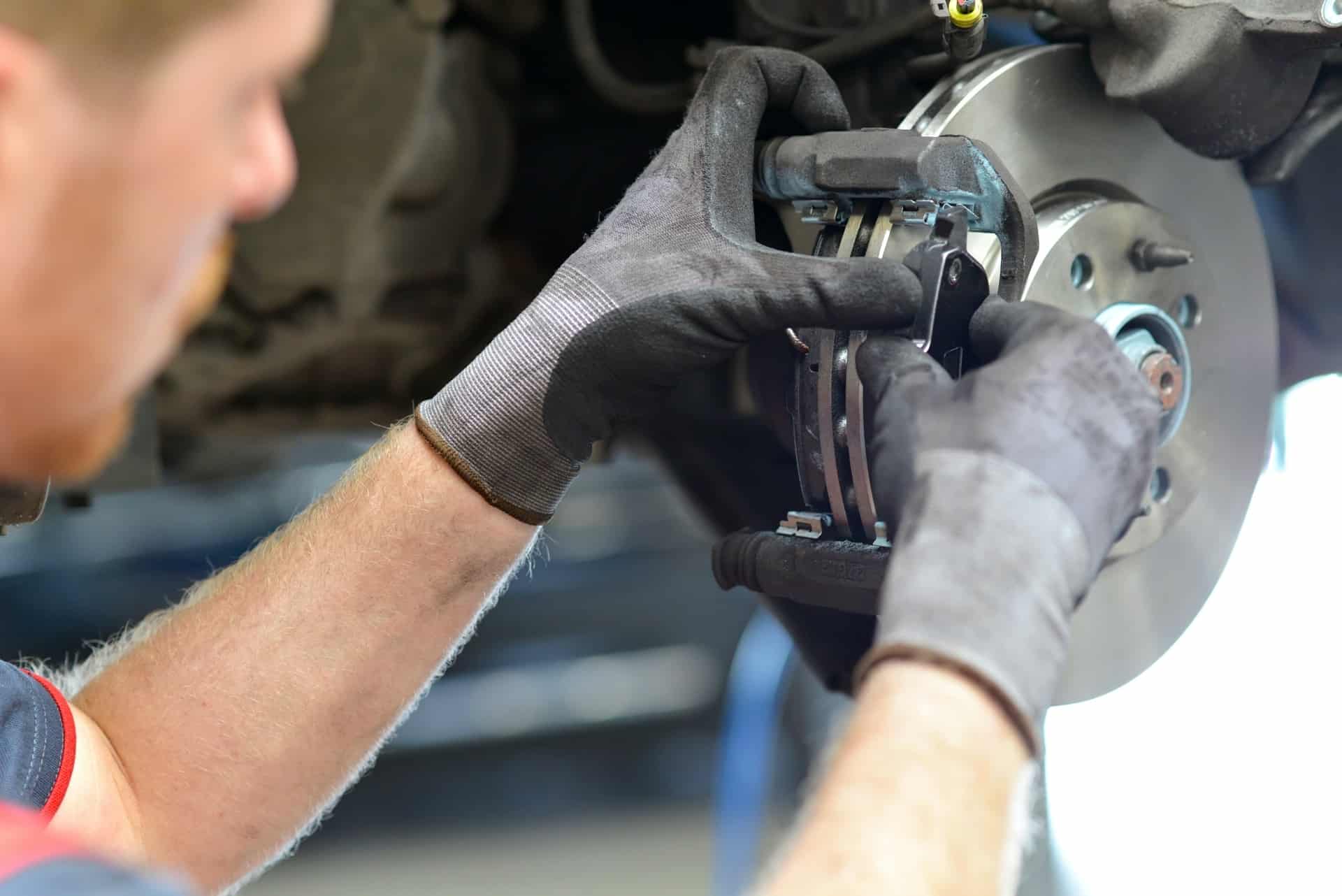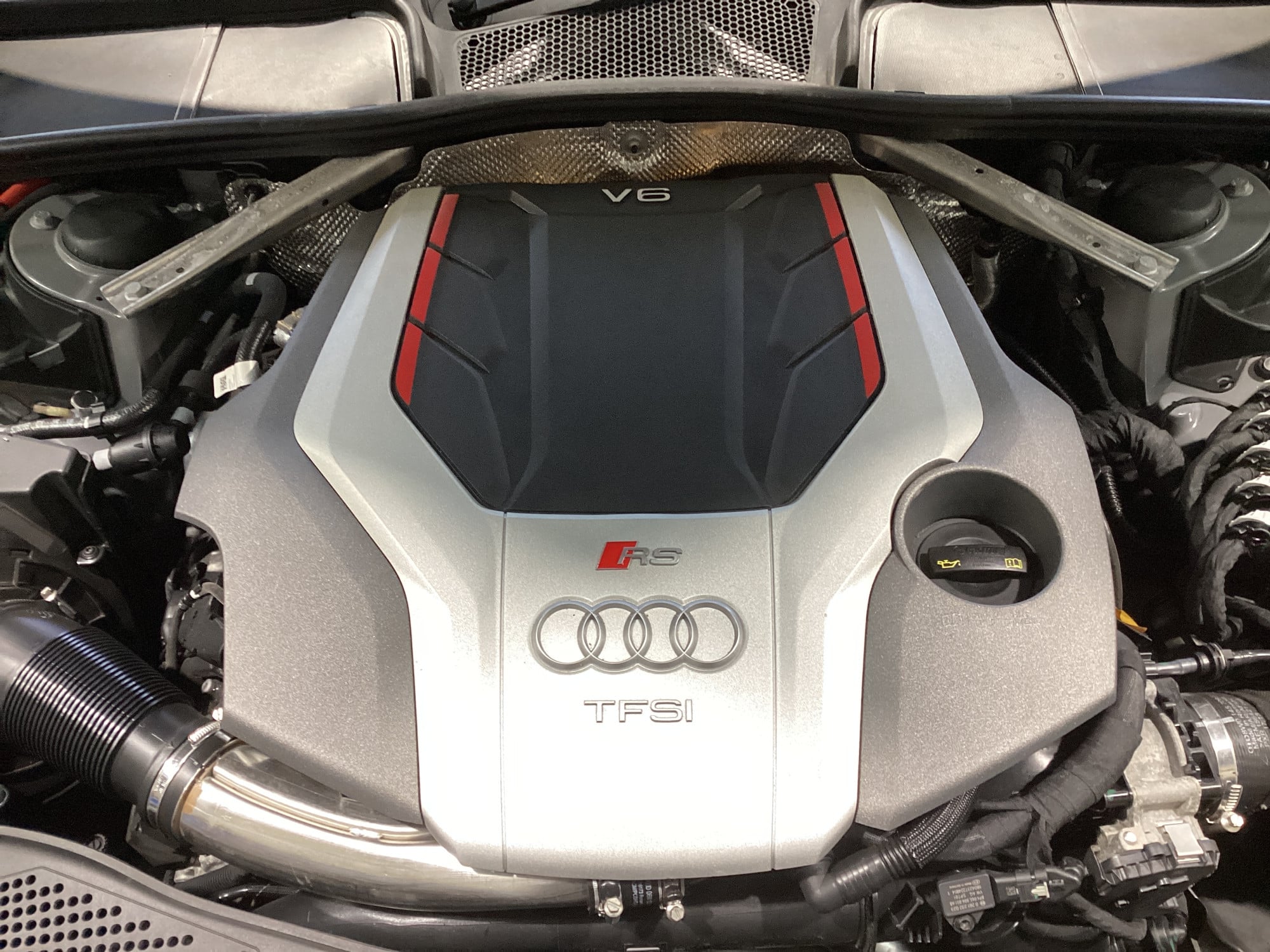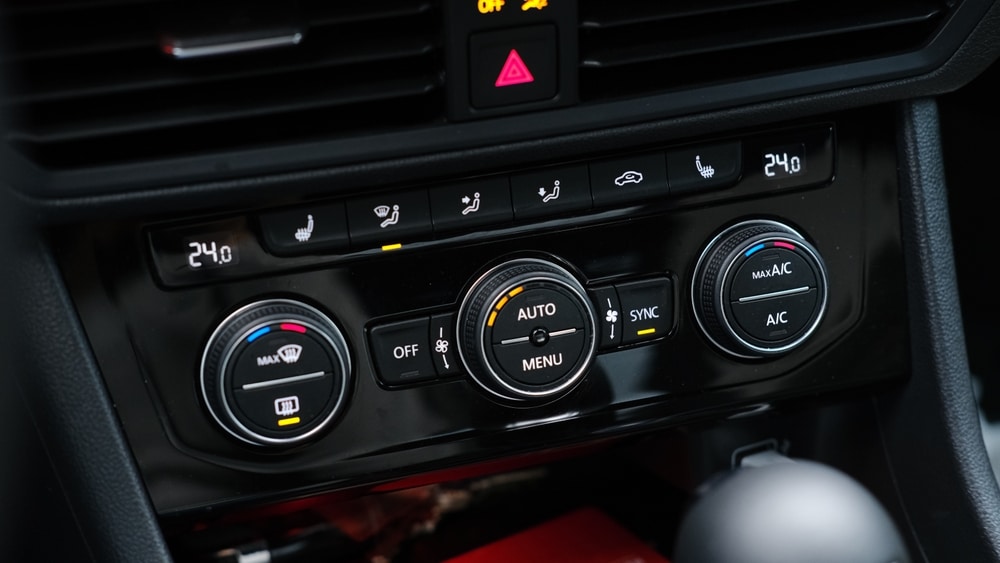As drivers, we rely on our brakes to stop us safely in any situation. But what happens when your brakes fail? That’s where Quality Car Service comes in.
We understand the importance of having brakes that work correctly, which is why we’re committed to keeping our customers safe on the road. In this blog post, we’ll discuss the dangers of poor brakes, how they work, and how you can extend their life. We’ll also highlight some of the brake faults you should be aware of and why regular brake inspections are critical.
So buckle up and join us as we explore the world of brakes and keeping you safe behind the wheel.
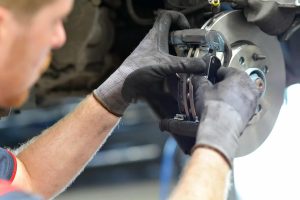
The importance of maintaining your brakes
Brakes are an essential safety feature of any vehicle. They enable you to control the speed of you car and bring it to a stop safely.
Worn brakes can significantly impair a vehicle’s handling, making it more difficult to stop or manoeuvre, and increase the risk of accidents. In addition, failing brakes can lead to longer stopping distances, skidding, and in the worst cases, total brake failure. Therefore, maintaining properly working brakes is crucial for the safety of everyone on the road, including you as the driver, your passengers, and other road users.
At Quality Car Service, we understand the importance of brakes in ensuring the safety of our customers on the road. We make it our top priority to provide reliable brake services and to educate our customers on the significance of maintaining well-functioning brakes. Our expert technicians are trained to identify any issues with your brake system and offer you the best solution to keep your brakes in top condition. By choosing Quality Car Service, you can trust that your vehicle’s brakes are in safe hands.
How do brakes work?
When you press down on the brake pedal, a lever forces hydraulic fluid into a piston connected to a master cylinder. This hydraulic system multiplies the pressure applied to the brake pedal and applies the brakes, bringing the vehicle to a stop.
Modern cars have disc brakes that consist of a brake discs, a brake calliper, and brake pads. The brake pads are housed in the brake calliper, which is located on either side of the disc. The hydraulic fluid forces the calliper’s brake pads to squeeze the disc, creating friction that slows the vehicle down.
Anti-lock brake systems (ABS) are also common in modern cars. ABS use sensors to monitor wheel speeds and a computer to control the brakes during an emergency. This helps to prevent the wheels from locking up, which can cause skidding and loss of control.
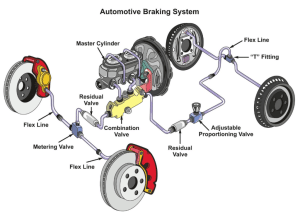
If you suspect that your brakes are not working correctly or have any concerns about their performance, it’s important to have them inspected by a qualified technician. At Quality Car Service, our experienced technicians can diagnose and repair any issues with your vehicle’s brake system to ensure that you can stop safely on the road.
Top tips to extend the life of your vehicle’s brakes
Brakes are a crucial safety feature in any vehicle and need to be in good condition to work efficiently. Regular maintenance and proper usage can help extend the life of your vehicle’s brakes. Here are our top tips to help you keep your brakes in good condition and prolong their lifespan:
- Progressive Braking: Progressive braking involves applying gentle pressure to the brakes initially, then increasing pressure gradually over time. This approach allows you to develop a feel for how your brakes respond, prevents wheels from locking up, reduces skidding, and improves fuel economy. It also reduces brake wear and tear, which can help prolong the lifespan of your brake pads and discs.
- Avoid Hard Braking: Hard braking causes the brake pads to wear out quickly, leading to more frequent replacements. Try to avoid sudden or hard braking as much as possible.
- Avoid Overloading: Overloading your vehicle can put extra pressure on the brakes, causing them to wear out faster. Be sure to adhere to the manufacturer’s recommended weight limits for your vehicle.
- Avoid Riding the Brakes: Riding the brakes (keeping your foot on the brake pedal for an extended period) generates excess heat, which can cause the brake pads to wear out faster.
- Regular Brake Inspection: Regular inspections can help detect any issues with the brake system before they become a major problem. Have your brakes inspected by a qualified technician, such as those at Quality Car Service, during scheduled vehicle maintenance checks or if you notice any issues such as strange noises, vibrations, or reduced stopping power.
By following these tips, you can help extend the lifespan of your brakes and ensure your safety while driving. Remember that taking care of your brakes is an important part of maintaining your vehicle and keeping you safe on the road.
What types of brake faults to be aware of
It’s essential to be aware of any brake faults and have them fixed as soon as possible to ensure that your brakes are functioning correctly. Some of the most common brake faults to be aware of include:
- Squeaking, Grinding or Squealing Noises: Any unusual noises coming from the brakes when you apply them could indicate worn brake pads or discs, loose brake components, or other issues.
- Soft or Spongy Brake Pedal: If your brake pedal feels soft or spongy, it could indicate air or moisture in the brake lines, a worn brake master cylinder, or other issues.
- Increased Stopping Distances: If your vehicle takes longer than usual to stop or the brakes feel less responsive, it could indicate worn brake pads or discs, a brake fluid leak, or other problems.
- Vibration, Wobbling, or Scraping: These symptoms could indicate worn brake pads or warped brake discs that need to be replaced.
- Brake Warning Lights: If the brake warning light on your dashboard comes on, it could indicate issues with the brake system, including worn brake pads, low brake fluid levels, or other problems.
- ABS Light: If the ABS warning light on your dashboard comes on, it could indicate issues with the anti-lock braking system, which requires immediate attention.
If you notice any of these brake faults, it’s important to have them inspected and fixed by a qualified technician as soon as possible to prevent further damage or risk to your safety. At Quality Car Service, we offer brake services, including inspections, repairs, and replacements, to keep your brakes functioning correctly and keep you safe on the road.
In summary
Maintaining properly functioning brakes is crucial for the safety of everyone on the road. In this blog, we have highlighted the importance of well-maintained brakes, the dangers of poor brakes, and how you can extend their life. We’ve also discussed some of the most common brake faults to be aware of and the benefits of regular brake inspections.
At Quality Car Service, we are committed to providing our customers with the best brake services, including inspections, repairs, and replacements, to ensure that your brakes are always functioning correctly. Our expert technicians can diagnose and fix any issues with your brake system, giving you the peace of mind you need when driving.
Remember, prevention is always better than cure when it comes to brakes. By following the tips we’ve outlined in this blog and having your brakes inspected regularly, you can keep your brakes in top condition and stay safe on the road.
Contact Quality Car Service today to schedule a quick brake inspection and keep your vehicle’s brakes in top condition.
